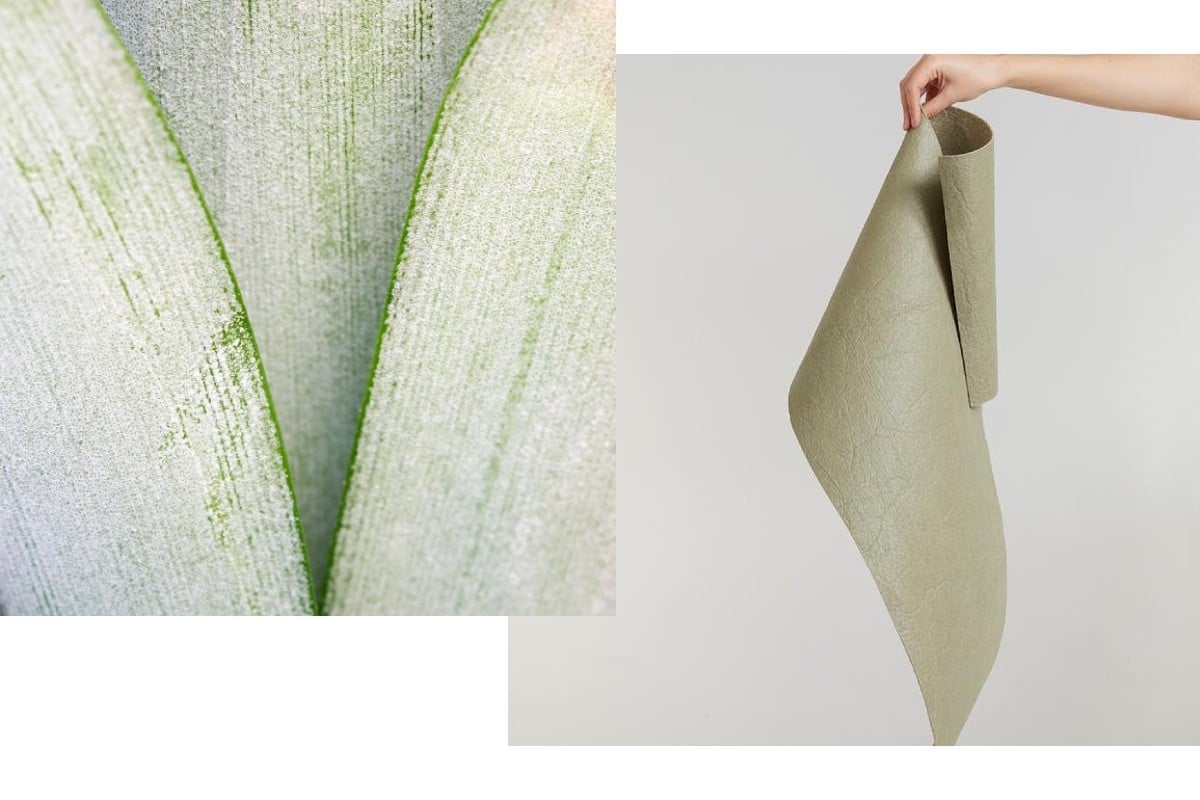
In partnership with Ananas Life.
There's no question of the impact that the production of animal leather is continuing to have on our planet.
View this post on Instagram
In 2015, the Australian Government's inventory of the nation's sources and sinks of greenhouse gases revealed that agriculture accounted for 16% of the country's greenhouse gases in 2013. Worldwide, this number sits at 22%. Although generally, as a society, we are becoming more mindful of how the leather manufacturing industry impeaches on animal rights; there is less understanding around just how deep this environmental and social impact truly reaches. For companies like Ananas Life, communicating this concern and educating through its products is part of the process.
Founded and created in Taiwan, Ananas Life have placed an emphasis on environmental protection; pledging a commitment to reducing the destruction and violation of animal rights that occur throughout the process. The company works together with Piñatex® – who provide the byproduct of existing agriculture to Ananas in order create a material that is sustainably sourced, natural and cruelty free. The entire process birthed from a desire to develop a natural, sustainable leather alternative.
It's also important to know that not all vegan leathers are made equal. Traditional vegan leathers, that are made out of plastic rather than agricultural byproducts are actually more harmful to the environment than animal leather – a fact about the industry that isn't commonly known. Plastic, as we know, is made out of fossil fuels – the largest contributor to global emissions – and the impact of manufacturing vegan 'plastic' leather reaches even further, often ending up in landfill where the product never breaks down.
It's no surprise then, how or why this new material is at the forefront of reshaping the fashion industry.
There are several benefits to using and producing a natural leather alternative as opposed to animal leather. One of the main advantages is in the water usage that is required. When calculating the water footprint of leather, it has been reported that the global average water footprint of raising cattle for leather is 17,093L of fresh water per kg of leather. This is an overly concerning amount when you take into consideration the already alarming issues around global water supply and resources.
What sets the team at Ananas Life and its product apart is that, "the production process of this leather does not require additional use of water resources;" which helps in eliminating any further strain on the environment in this capacity.
View this post on Instagram
Working together, Piñatex® and Ananas Life also continue to push boundaries through the elimination of approximately 250 toxic, heavy chemicals that are required during the manufacturing process of animal or synthetic leather. In the traditional tanning process associated with conventional leather, the environment and workers are exposed to chemicals such as chromium, aldehyde, cyanide, zinc and lead. As reported by The Guardian in 2017, the World Health Organisation at the time had found that children as young as eight, working in the tanneries of Bangladesh, were being exposed to toxic chemical cocktails that were likely to shorten their lives.
For Ananas Life, the company's commitment to a more considered approach is just as much a social justice issue as it is an environmental issue. Not only does the product protect its manufacturers from harmful chemicals, but it also provides farmers in the Philippines with an additional source of income during the off-season. Sure, no type of production process can be completely free of biomass, but in the instance of this product, it happens to be a nutrient rich natural fertiliser for the soil – another beneficial resource for farmers in improving their plantation.
Interested in discovering more about Ananas Life and how it's set to change the fashion industry? Head to the Ananas Life website for more details.
Image:



